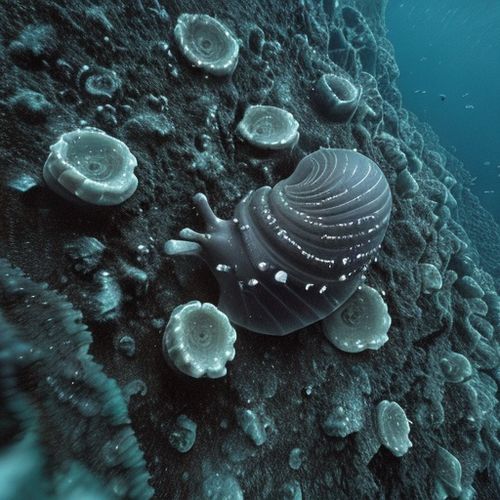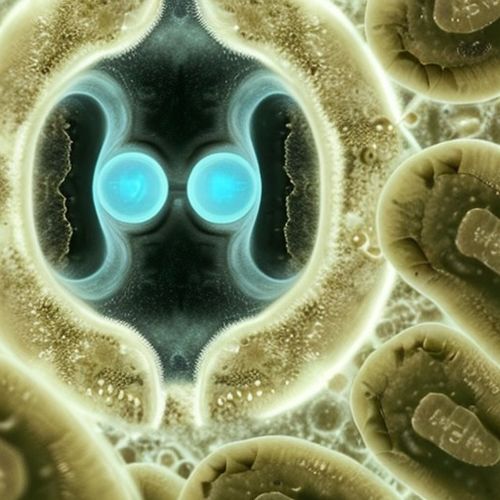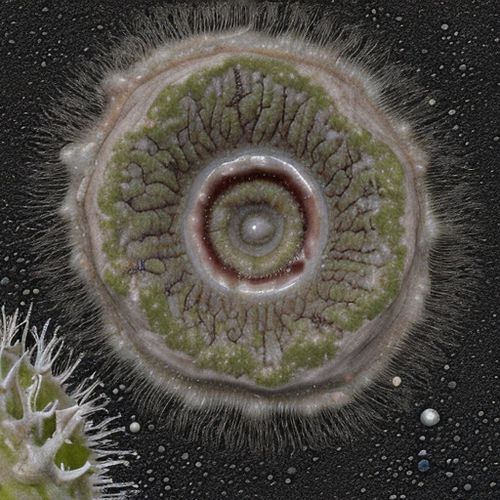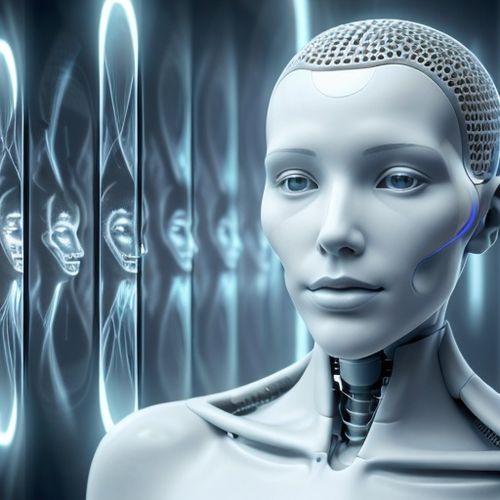The global scientific community was left in shock when Chinese researcher He Jiankui announced the birth of the world's first genetically edited babies in 2018. The controversial experiment, which targeted the CCR5 gene to theoretically confer HIV resistance, sparked intense ethical debates and led to severe consequences for the scientist involved. Nearly five years later, the long-term repercussions of this unprecedented case continue to reverberate through research institutions and bioethics committees worldwide.
He Jiankui's groundbreaking but ethically fraught experiment involved using CRISPR-Cas9 technology to modify embryos that were subsequently implanted, resulting in the birth of twin girls. The revelation came during the Second International Summit on Human Genome Editing in Hong Kong, where He presented his work before an audience of stunned peers. What he likely anticipated as a triumphant moment quickly turned into a professional catastrophe as the scientific community universally condemned the experiment as premature, dangerous, and ethically unjustifiable.
The backlash was swift and severe. Chinese authorities launched an immediate investigation, and by December 2019, a court in Shenzhen found He guilty of illegal medical practice. The sentencing included a three-year prison term and a decade-long prohibition from working in reproductive technology. This professional ban, set to expire in 2029, represents one of the most severe disciplinary actions ever taken against a scientist in the field of genetic research.
Ethical concerns surrounding the experiment were numerous and profound. Critics highlighted the lack of transparent oversight, inadequate informed consent procedures, and the unknown long-term effects of the genetic modifications. The scientific community particularly objected to editing the germline - changes that would be heritable by future generations - without established safety protocols or broad societal consensus. Many argued that the technology wasn't sufficiently advanced to guarantee precise edits without potentially harmful off-target effects.
The case raised fundamental questions about scientific responsibility and the appropriate pace of technological implementation in medicine. While CRISPR technology holds tremendous therapeutic potential for treating genetic diseases, its application in human embryos remains highly controversial. Most countries maintain strict regulations or outright bans on germline editing, recognizing the profound ethical implications of permanently altering the human gene pool.
Impact on the scientific community has been significant and multifaceted. The scandal prompted many research institutions to reevaluate their oversight mechanisms and ethical review processes. Funding agencies grew more cautious about supporting controversial genetic research, while scientific journals implemented stricter criteria for publishing such work. The case also intensified international discussions about establishing global standards for human genome editing.
Interestingly, the controversy hasn't slowed the overall progress of CRISPR technology, which continues to advance in non-controversial applications. Therapeutic uses for somatic cells (non-reproductive cells) have progressed through clinical trials, with several treatments nearing approval for conditions like sickle cell disease and certain forms of blindness. However, the shadow of He's experiment continues to loom large over any discussion of embryonic gene editing.
The current status of the genetically edited children remains largely unknown to the public. Chinese authorities have maintained strict confidentiality about their health and development, citing privacy concerns. This secrecy has frustrated many in the scientific community who argue that monitoring these children's long-term health could provide crucial safety data - albeit from an unethical experiment. Some ethicists have called for an international oversight committee to track their wellbeing while protecting their identities.
He Jiankui's release from prison in 2022 went relatively unnoticed, but his professional ban remains in full effect. Reports suggest he has attempted to re-enter scientific circles, though most institutions have distanced themselves from the disgraced researcher. Some observers note the paradox of his situation - having demonstrated technical capability in a field that remains tantalizing yet forbidden. A few contrarian voices have even argued that history may judge He more kindly if his techniques eventually prove safe and beneficial, though this remains a distinctly minority view.
The case has become a cornerstone in bioethics education, serving as a cautionary tale about scientific hubris and the importance of ethical constraints. Universities worldwide now use it to illustrate the complex interplay between technological capability and moral responsibility. The international scientific community has largely interpreted China's harsh punishment as a signal that such ethical breaches won't be tolerated, potentially deterring other researchers from pursuing similar unauthorized experiments.
Looking to the future, the debate over human germline editing continues to evolve. Some researchers advocate for a cautious, regulated path forward, arguing that the technology could eventually eliminate devastating genetic diseases. Others maintain that the ethical risks and potential for misuse outweigh any potential benefits. The World Health Organization and numerous scientific bodies have called for international cooperation to establish clear boundaries and oversight mechanisms before any further consideration of heritable genome editing.
As CRISPR technology becomes more precise and accessible, the temptation to push boundaries may grow stronger. The scientific community faces the ongoing challenge of balancing innovation with responsibility, ensuring that the lessons from the first gene-edited babies case aren't forgotten. What remains clear is that any future applications of germline editing in humans will require robust ethical frameworks, transparent oversight, and broad societal consensus - elements conspicuously absent from He Jiankui's ill-fated experiment.
The decade-long ban serves as a stark reminder that scientific advancement cannot outpace ethical consideration. As the expiration of He's professional prohibition approaches in 2029, the scientific world will be watching closely - both to see whether the disgraced researcher attempts to return to the field, and more importantly, to assess how much the governance of human genetic engineering has matured since the crisis he precipitated.

By Emily Johnson/Apr 10, 2025

By Sarah Davis/Apr 10, 2025

By Christopher Harris/Apr 10, 2025

By John Smith/Apr 10, 2025

By Ryan Martin/Apr 10, 2025

By Olivia Reed/Apr 10, 2025

By Sarah Davis/Apr 10, 2025

By Victoria Gonzalez/Apr 10, 2025

By Laura Wilson/Apr 10, 2025

By Lily Simpson/Apr 10, 2025

By Grace Cox/Apr 10, 2025

By Emma Thompson/Apr 10, 2025

By Grace Cox/Apr 10, 2025

By Thomas Roberts/Apr 10, 2025

By Laura Wilson/Apr 10, 2025

By Benjamin Evans/Apr 10, 2025

By Megan Clark/Apr 10, 2025